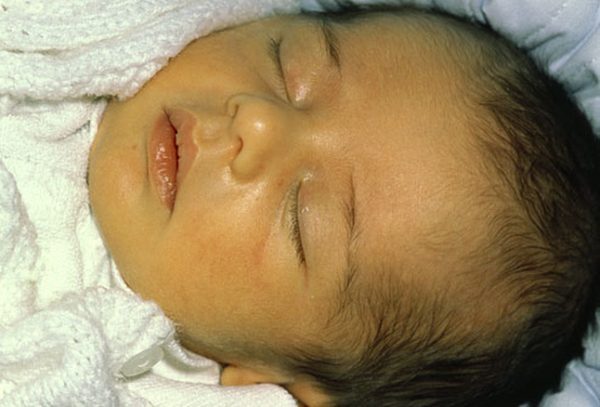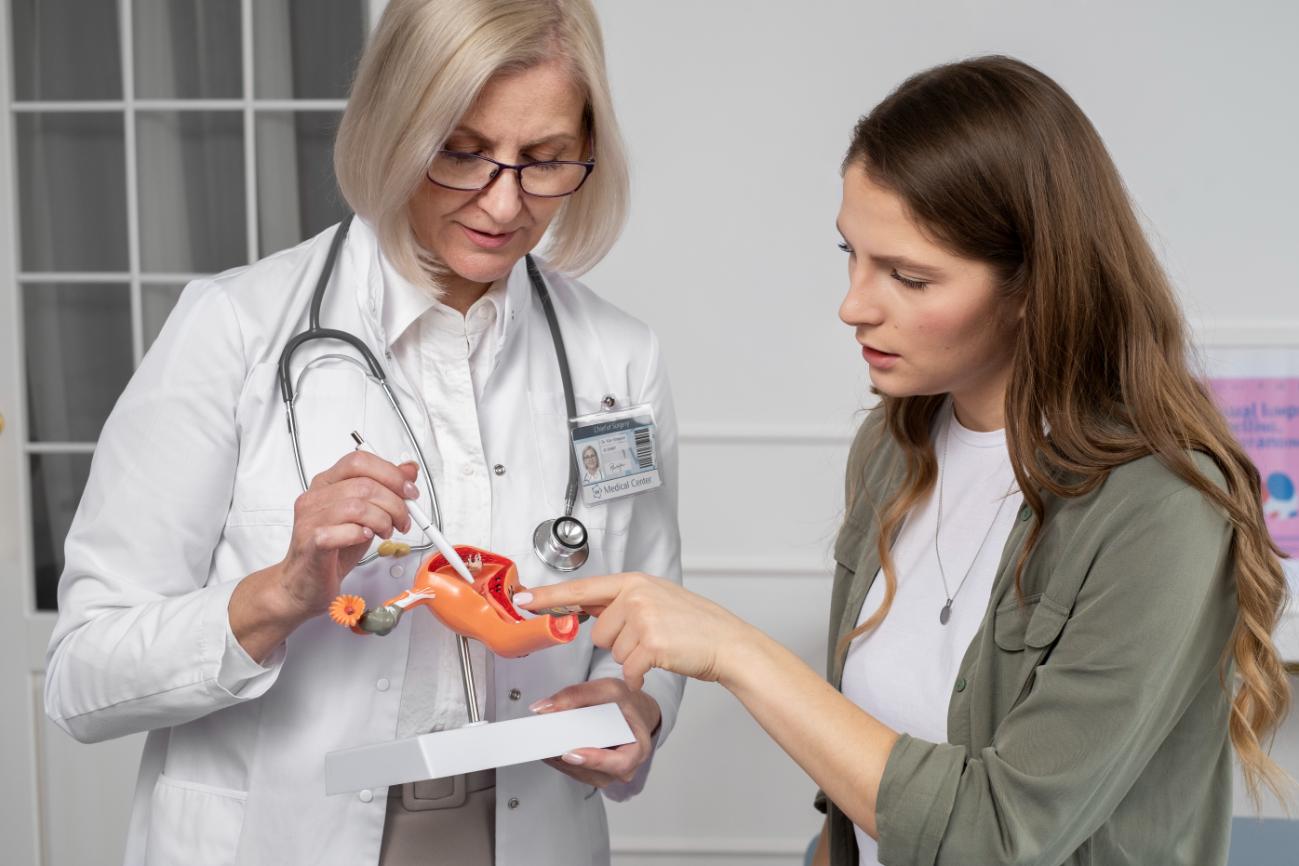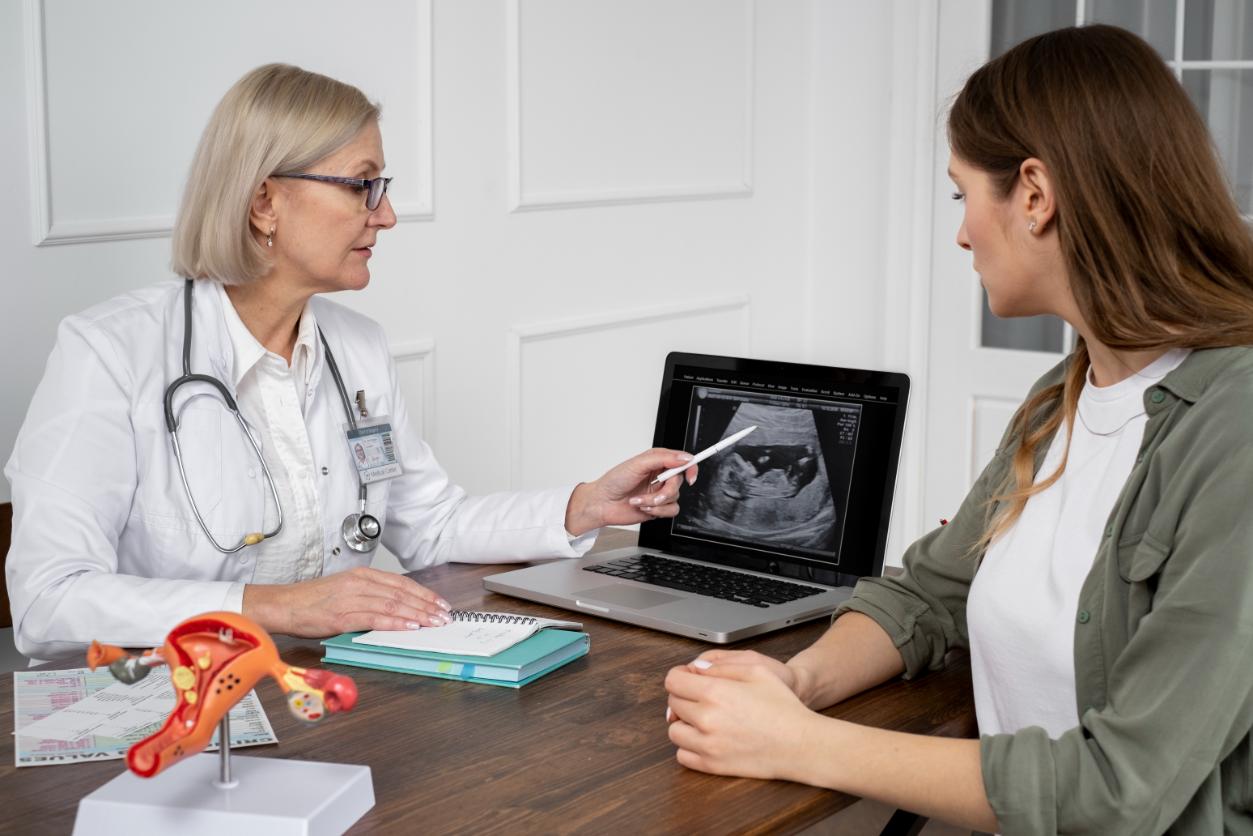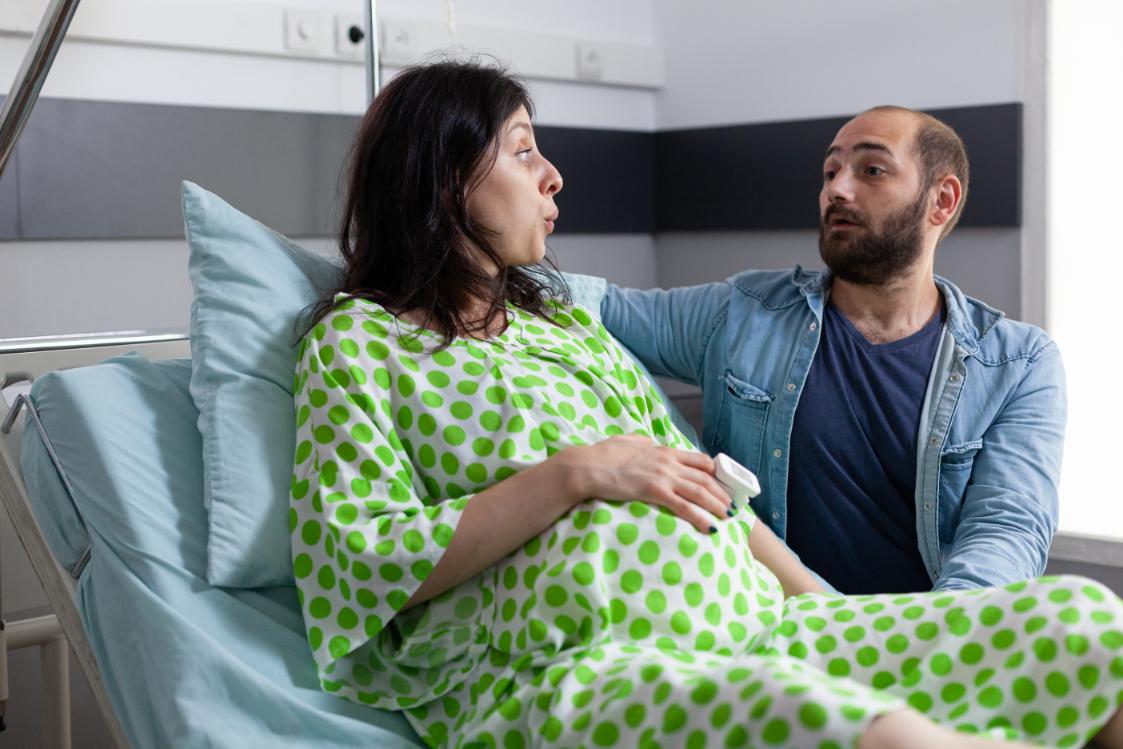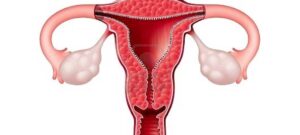
When there is an imbalance in the normal levels of vaginal bacteria, it can lead to an inflammation or an infection of the Vagina called Vaginitis. This infectious vaginitis can result in discharge, itching and pain. But when there is a vaginal irritation without an infection is what is called Non-infectious Vaginitis.
Non-infectious vaginitis is often caused by an allergic reaction or an irritation from vaginal sprays, douches, vaginal deodorants, spermicidal products, soaps, Scented pads and pantyliners, detergents, fabric softeners, feminine wash, feminine wipes, condoms if there is an allergy to latex. The skin around the vagina could be sensitive to the fragrance or the anti-bacterial content in such products. Over a period of time, the long-term use of topical products used to help block odor and itch can also cause non-infectious vaginitis.
Another form of non-infectious vaginitis is Atrophic vaginitis, also referred to as genitourinary symptoms of menopause and vulvovaginal atrophy and happens as a result of a decrease in hormones. With a lack of estrogen, the vaginal tissue dries and thins. This type of non-infectious vaginitis is seen primarily during perimenopause and post menopause, or when there is a surgical removal of ovaries, or in the case of radiation therapy, or due to childbirth mostly in breastfeeding women. Some medications such as aromatase inhibitors used to treat breast cancer or those used in the treatment of endometriosis can also lower estrogen levels.
Every individual may experience symptoms of non-infectious vaginitis differently but some of the most common symptoms can include vaginal itching, vaginal burning, vaginal discharge and pelvic pain especially during sexual intercourse. A symptom of non-infectious vaginitis which is characterized by thick, mucoid, yellow to green copious vaginal discharge is seen in menopausal women. The treatment for non-infectious vaginitis is determined based on the woman’s age, medical history, and preferences. The treatment for non-infectious vaginitis could include estrogen creams or oral tablets, which restores lubrication and as a result decrease soreness and irritation.
The best way to treat non-infectious vaginitis is treated by changing the possible cause. By stopping to use the products that is causing the irritation, non-infectious vaginitis can be managed to some extent. Chemicals and products that the sensitive skin of the vagina and vulva are exposed should be kept to a minimum. If the condition is due to hormonal changes, then hormonal treatment options are available to help reduce symptoms.
When there is an incidence of non-infectious vaginitis, use the mildest and most gentle wash that is soap free. Maybe only plain water till the skin has healed well from the drying effects of soap. Anti-bacterial washes may be actually doing more harm than good especially if there is any alcohol content in them. Make sure that materials used for panties aren’t the kind that could irritate the sensitive vaginal skin. Good hygiene is also important. The repeated douching may cause irritation and this could may hide a vaginal infection. The use of hormone pills or creams to can help keep the vagina lubricated and healthy in the case of menopause or ovary removal surgery.
Here’s where you can reach us for appointments, enquiries or video consultation
http://www.kjkhospital.com/contact-us/
Phone Numbers: 0471-2544080, 2544706
Email: kjkhospital@gmail.com


